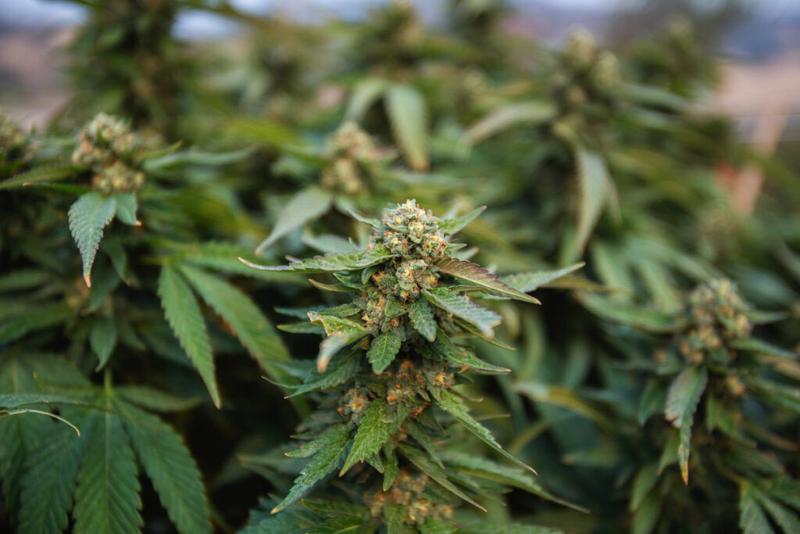A last-minute Biden administration effort to loosen restrictions on marijuana by rescheduling, or reclassifying it, as a less dangerous drug has come up short.
An administrative law judge nixed a DEA hearing on the proposed rescheduling of marijuana set to take place next week, pushing the hearing well into President-elect Donald Trump’s next administration.
The hearing was set for Jan. 21, the day after Trump’s inauguration. However, the hearing will be postponed after a legal challenge from pro-reform witnesses, according to the judge’s order.
DEA Administrative Law Judge John Mulrooney denied arguments from rescheduling proponents that alleged improper communications and witness selection decisions by DEA Administrator Anne Milgram warranted the agency’s removal from the process.
However, Mulrooney granted a request for leave to file an interlocutory appeal, canceling the scheduled hearing and staying the proceedings for at least 90 days.
“The strangeness of this unsupported approach is amplified by the fact that the appointment of a new DEA Administrator by a different political party is imminent,” the judge wrote in a footnote.
The judge said he wasn’t impressed with DEA officials.
“To be sure, the specter of officials at the highest level of Agency management selectively assisting and granting access to individuals and groups standing in opposition to the [Notice of Proposed Rule Making] it purportedly supports as the proponent, carries no small measure of discomfiture,” Mulrooney wrote. “If true, viewed in the best light, these allegations demonstrate a puzzling and grotesque lack of understanding and poor judgment from high-level officials at a major federal agency with a wealth of prior experience with the APA. And that is a charitable perspective.”
President Joe Biden’s administration proposed moving marijuana from a Schedule I drug, along with heroin and LSD, to Schedule III, where it would join ketamine and anabolic steroids.
In May, the Justice Department announced that it had submitted a rule that would ease restrictions on cannabis, but the change falls short of the full legalization or decriminalization sought by some advocates.
U.S. Attorney General Merrick Garland submitted a notice of proposed rulemaking to the Federal Register, kicking off a formal rulemaking process to consider moving marijuana from a Schedule I drug to a Schedule III drug under the Controlled Substances Act. News of the move first broke in late April 2024.






